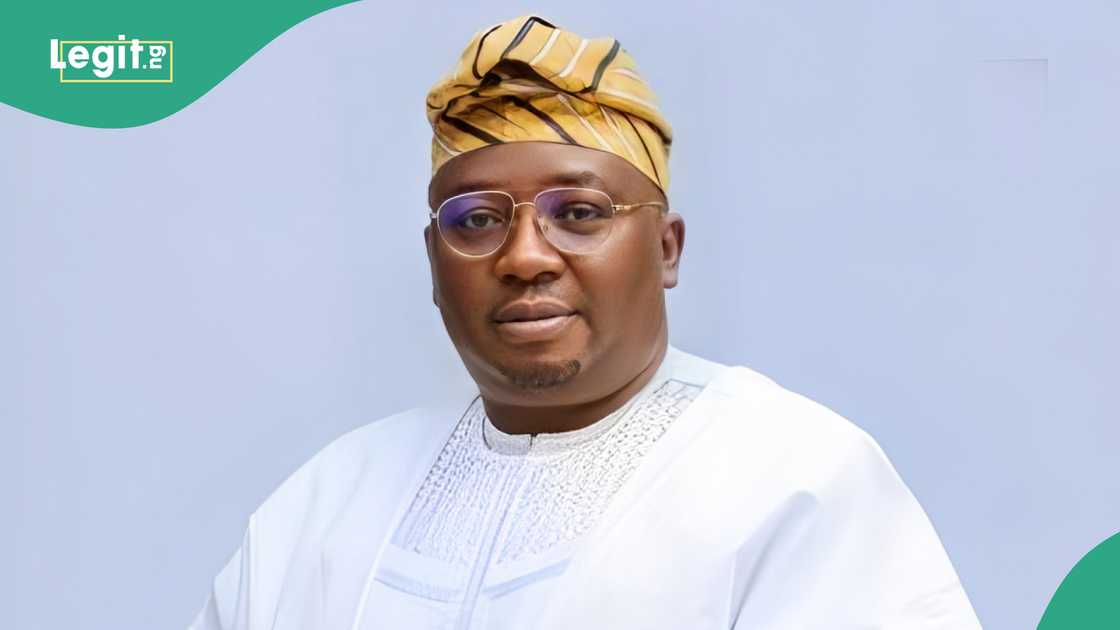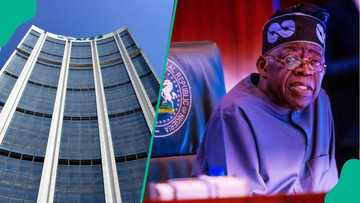Nigeria’s Power Sector Attracts New $2bn Investments Due to Reforms
- The Federal Government said it has attracted more than $2 billion in new energy sector investments due to ongoing reforms
- Minister Adebayo Adelabu said the Electricity Act 2023 is decentralising Nigeria’s power market and giving states more control
- PwC’s Sam Abu said the reform, if well executed, could strengthen competition, improve financial sustainability and enhance energy access nationwide
Oluwatobi Odeyinka is a business editor at Legit.ng, covering energy, the money market, tech and macroeconomic trends in Nigeria.
The minister of power, Adebayo Adelabu, has disclosed that Nigeria has secured more than $2 billion in new investments in the energy sector as a result of the ongoing reforms introduced by the current administration.
Adelabu disclosed this on Thursday during PwC’s Annual Power and Utilities Roundtable 2025 in Lagos, themed “Nigeria’s Multi-Tier Electricity Market: Imperatives for Successful Evolution.”
He noted that the Electricity Act 2023 has opened the way for a more decentralised and liberalised power sector, Daily Trust reported.

Read also
TTP calls for stakeholders unity as its electronic call-up system transforms port logistics

Source: Getty Images
According to the minister, Nigeria is shifting from a centralised electricity system to a multi-tier market in which states are empowered to develop and regulate their own electricity frameworks. He argued that this system is drawing investors who are looking for clearer rules, more competition, and transparency.
Adelabu, however, cautioned that the decentralisation process comes with risks that require careful management. He identified the challenges to include possible market fragmentation, the cost of running new regulatory bodies, uneven state-level development, liquidity issues, tariff reviews, political interference, and potential grid instability if embedded generation is poorly coordinated.
He urged stakeholders to support the transition and adopt innovative approaches that will strengthen a decentralised and competitive electricity market.
“Nigeria’s transition to a multi-tier electricity market is not optional, it is necessary. It is the pathway to a reliable, competitive, and economically viable power sector,” he said.

Source: Twitter
PwC hails power sector reforms
While speaking, PwC’s Regional Senior Partner for the West Market Area, Sam Abu, said the roundtable was an opportunity to influence power access for more than 200 million Nigerians.
He stated that Nigeria is moving from a single centralised market to a multi-player system capable of boosting competition, service quality and innovation.
Abu explained that the reform process requires strong regulations, coordinated efforts across government and industry, and sustained investment.
He added that successful implementation would lead to more competitive markets, improved financial sustainability, state-driven energy solutions, and greater energy security for homes and businesses.
The Senior Partner highlighted regulatory alignment, liquidity, modern infrastructure, and strong state electricity markets as key priorities for Nigeria’s energy sector.
He also pledged PwC’s commitment to working with government and industry stakeholders to strengthen Nigeria’s power sector.
Other industry stakeholders at the event include officials from the Lagos State Ministry of Energy and Mineral Resources, Eko DisCo, the Rural Electrification Agency (REA), and Afreximbank.
Adelabu promises uninterrupted power supply
Legit.ng earlier reported that the minister of power promised that Nigerians would soon enjoy uninterrupted power supply before the end of President Bola Tinubu’s tenure in 2027.
Adelabu gave the assurance during the inauguration of two blocks housing five training workshops and a 104-room hostel at the National Power Training Institute of Nigeria (NAPTIN).
He argued that ongoing efforts by the current administration were already yielding results, with Nigeria recording the highest power generation and transmission in its history.
Source: Legit.ng



